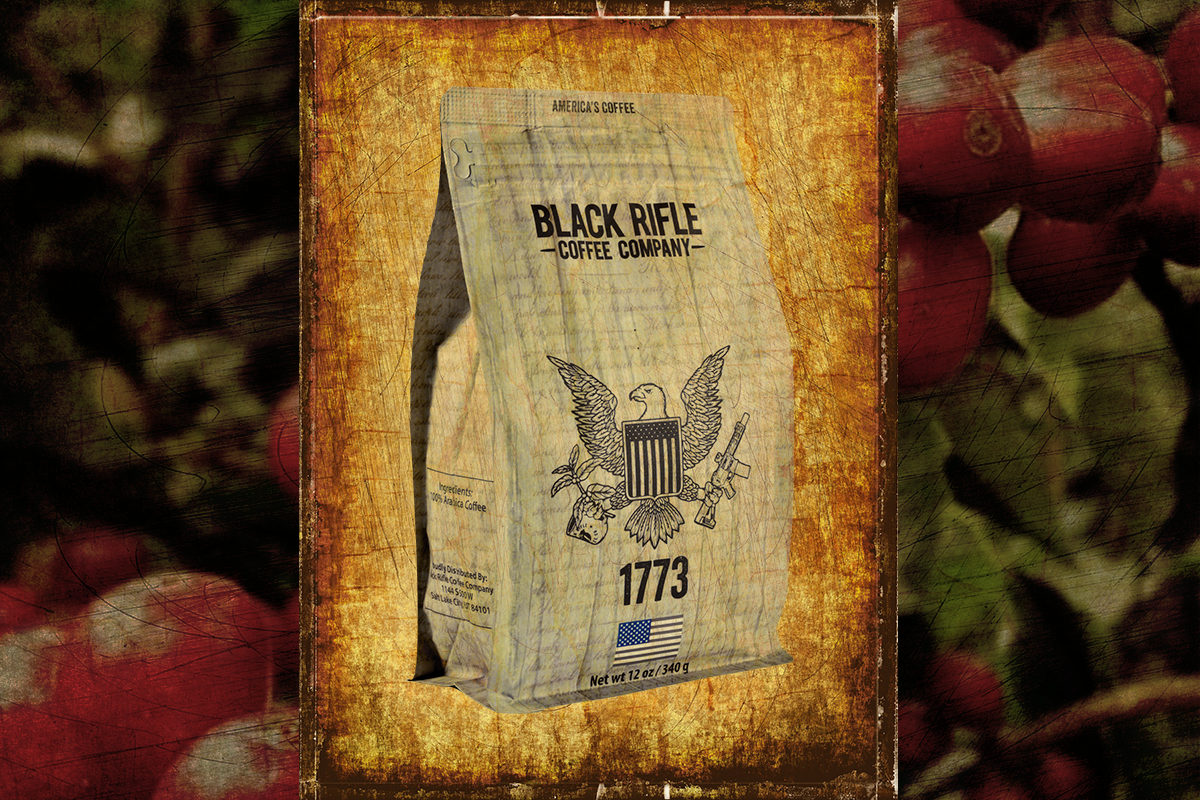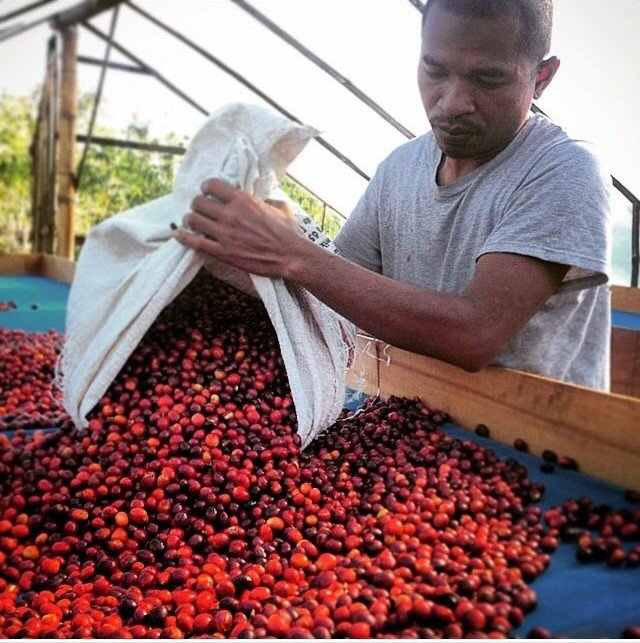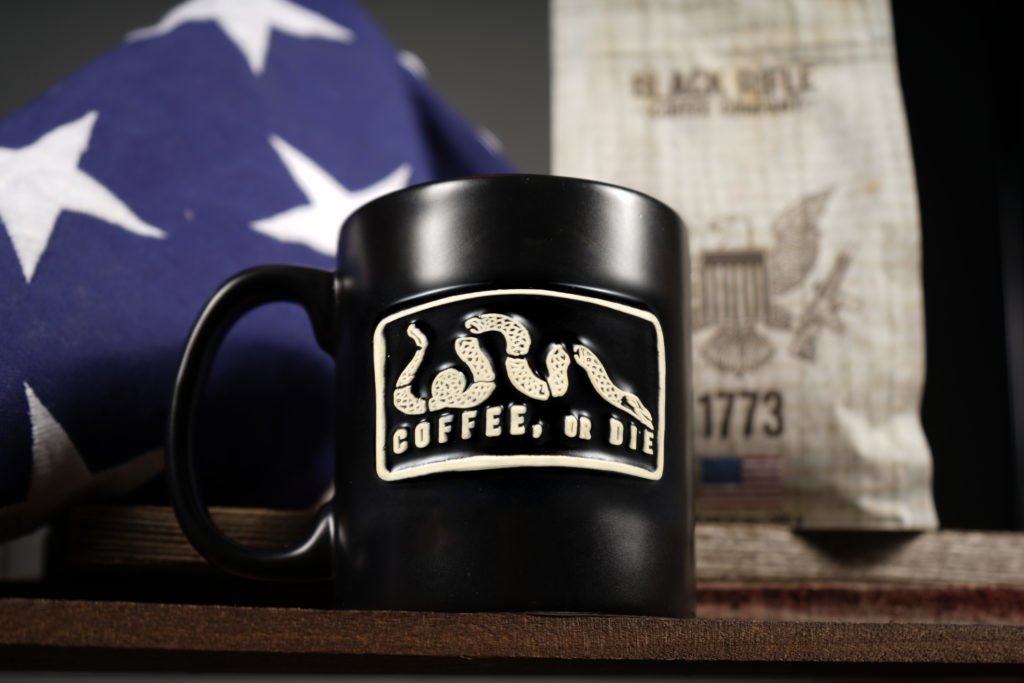
There is a particular allure to internationally sourced java — a craft and style distinct to every region that grows coffee. Out of the 185 countries sprinkled throughout the world, around 70 of them produce coffee in some capacity, and each has its own spin on getting the best out of a bean. One such country is Indonesia, in particular the region of Java.
The Java region of Indonesia is tropical and mountainous with an average altitude of 1,000 to 1,500 meters above sea level. Coffee plants were introduced to the area by the Dutch between 1635 and 1700, when the country was still known as the East Indies.

The primary coffee crop found in Indonesia is the Arabica bean, which it found its way into Dutch hands through a cloth merchant named Pieter van den Broecke, who smuggled the plant out of Yemen into the Amsterdam Botanical Gardens in 1616. When the crop flourished in the botanical gardens, the Dutch thought to try it in the tropical West Indies. The original crop was cultivated outside of what is now Jakarta but was unfortunately destroyed by floods. The Dutch were not successful in creating a coffee crop in Java until 1706 when the plant finally took.
The Dutch colonists exported the crop back to Amsterdam, and it sold extremely well. In fact, it was considered one of the premier blends of the mid-18th century. The growth of the coffee industry in the West Indies also helped form the foundation of much of the country’s infrastructure, including roads and railways, to transport the coffee from the interior farms to ports for exportation.
Indonesia was the largest producer of coffee in the world until the 1880s when a massive rust leaf plague crippled much of the country’s coffee plantations. Rust leaf, or hemileia vasatrix, is a fungus that causes premature defoliation of coffee trees and reduces the likelihood of any viable coffee crop coming from that particular tree. The spores can spread through wind and rain, leading to entire plantations facing collapse.

In response to the rust leaf epidemic, the Dutch tried cultivating other coffee strains like the Liberica and Robusta, but the Liberica was short-lived and susceptible to rust leaf. Robusta, however, was resistant to disease, remaining on the island of Java. Even though Robusta beans are considered inferior to Arabica, Robusta has become a mainstay on Java, now making up about 90 percent of the country’s coffee production.
The Arabica crop is now mostly found in renewed Colonial-era plantations. In response to the epidemic, these plantations began producing other crops such as tea and rubber, only recently returning to the coffee business. Many of these plantations also practice intercropping to minimize the risk of another rust leaf outbreak or other misfortune. Some of these crops include Parkia (a kind of vegetable bean), avocado, and timber trees.
While Java’s Arabica crop only makes up about 10 percent of Indonesia’s coffee exports, almost all of its gourmet varietals come from that crop. The Indonesian Arabica is known for its nutty aroma and taste, with a relatively heavy body and a rustic finish.

Tim Becker is a freelance journalist and journalism student at Florida Atlantic University. Tim has a diverse set of interests including gaming, technology, philosophy, politics, mental health, and much more. If he can find an angle to write about something, he will. Aside from his interests journalism is his passion. He wants to change the world with his words and photography. Tim writes for a variety of publications including the GoRiverwalk Magazine, the FAU University Press, and his personal blog on Medium.
BRCC and Bad Moon Print Press team up for an exclusive, limited-edition T-shirt design!
BRCC partners with Team Room Design for an exclusive T-shirt release!
Thirty Seconds Out has partnered with BRCC for an exclusive shirt design invoking the God of Winter.
Lucas O'Hara of Grizzly Forge has teamed up with BRCC for a badass, exclusive Shirt Club T-shirt design featuring his most popular knife and tiomahawk.
Coffee or Die sits down with one of the graphic designers behind Black Rifle Coffee's signature look and vibe.
Biden will award the Medal of Honor to a Vietnam War Army helicopter pilot who risked his life to save a reconnaissance team from almost certain death.
Ever wonder how much Jack Mandaville would f*ck sh*t up if he went back in time? The American Revolution didn't even see him coming.
A nearly 200-year-old West Point time capsule that at first appeared to yield little more than dust contains hidden treasure, the US Military Academy said.












